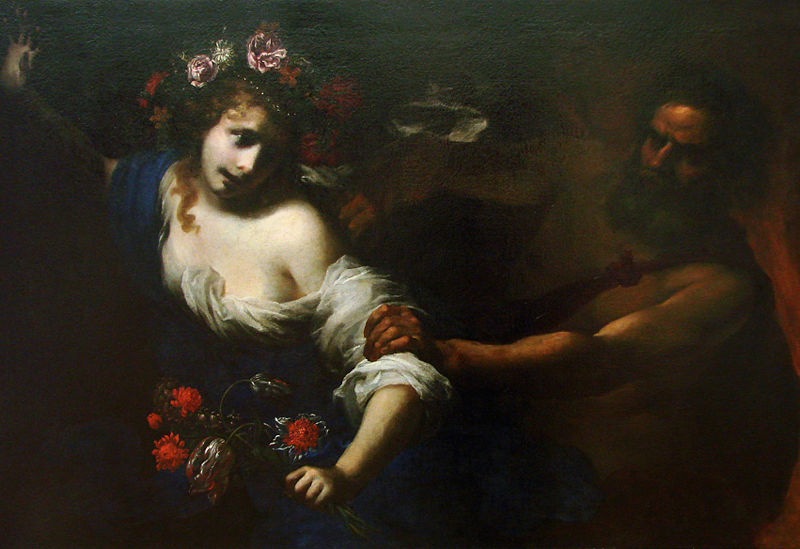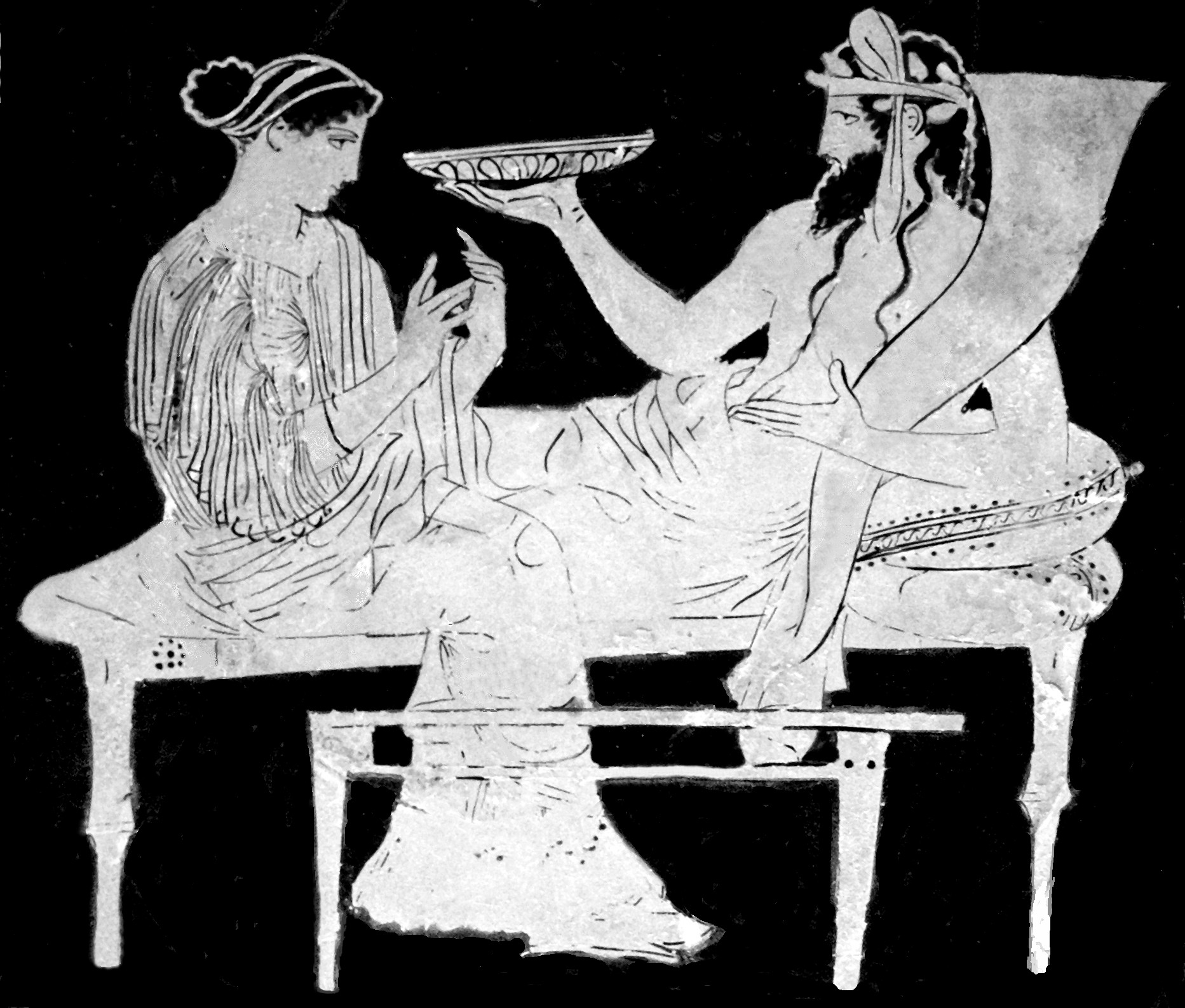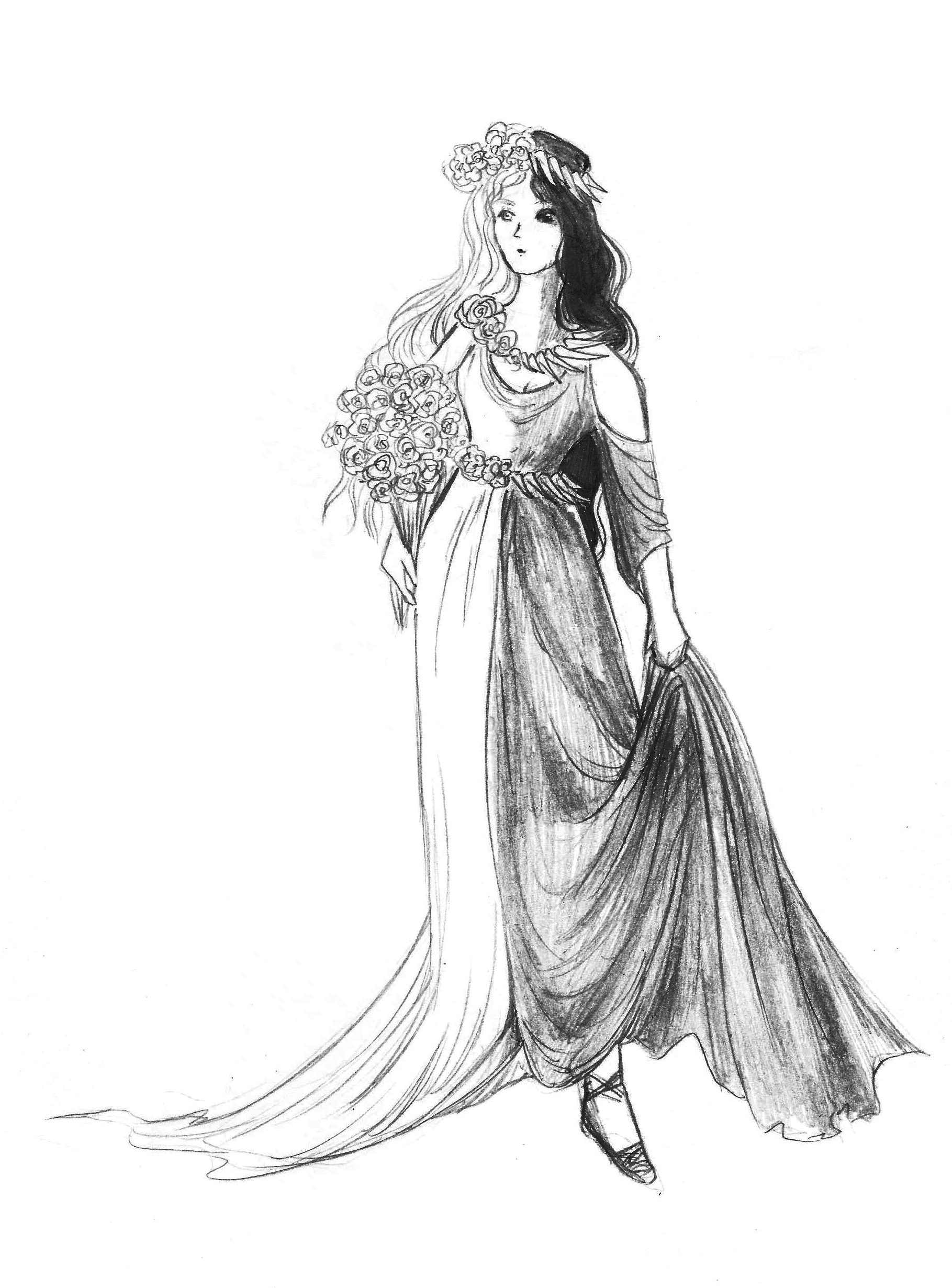
The legend goes following the fall of the Titans, fearsome giants rose to battle the gods.

In Greek and Roman mythology, Spring is tied to Persephone's story. The observance of seasonal shifts by people all around the globe, capture moments of transition that reflect the rhythms of their lives. As a result, day and night are believed to be approximately the same length (1). It actually may have occurred on March 19th depending on where you are, but still, allow me to wish you a very Happy Spring in the Northern Hemisphere! (And an equally Happy Fall in the Southern Hemisphere.) The March equinox marks the moment when the sun is positioned directly over the equator so that the Earth is neither tilted toward or away from the sun. Your browser does not support the audio element.On March 20th, 2012 at 1:14 AM EST the vernal equinox occurred. Listen to a recorded reading of this page:.Take a ten question quiz about this page.Animals that were sacred to Demeter included the serpent, gecko, and pig.She carried a long golden sword in battle which earned her the nickname "Lady of the Golden Blade.".She is often pictured with flaming torches because she used these in her search for her daughter.The mother, however, caught her in the act and pulled the baby from the fire. As a reward to a kind man, she tried to make his baby immortal by placing him in a fire.She gave birth to a flying and talking horse named Arion.Interesting Facts About the Greek Goddess Demeter
ZEUS PERSEPHONE HADES DEMETER HOW TO
According to Greek Mythology, Triptolemus then traveled across Greece on a winged chariot teaching the Greeks how to grow crops and farm. As a reward, she taught his son Triptolemus the art of agriculture. One man was particularly kind to her and took her in. When Persephone was first taken by Hades, Demeter wandered the world disguised as an old woman mourning and searching for her daughter. These four months are when nothing grows during winter. Eventually, Zeus said that Persephone could return to Mount Olympus, but had to spend four months each year in the Underworld with Hades. She refused to help the crops grow and there was a great famine in the world. One day, the god Hades took Persephone to the Underworld to make her his wife. Together, Demeter and Persephone watched over the world's seasons and plants. Persephone was the goddess of springtime and vegetation. The Greeks believed these rites were important in insuring good crops.ĭemeter didn't marry, but she had a daughter named Persephone with her brother Zeus. Secret rites were held each year at the sanctuary called the Eleusinian Mysteries. The main temple to Demeter was located a short distance from the city of Athens in a sanctuary at Eleusis.

However, she was later rescued by her youngest brother Zeus.Īs goddess of the harvest, Demeter was worshiped by the people of Greece as they depended on good crops for food and survival. Like her brothers and sisters, she was swallowed by her father Cronus when she was born. She also had some control over the weather and could make people hungry.ĭemeter was the daughter of the two great Titans Cronus and Rhea. She could cause plants to grow (or not grow) and had control over the seasons.

She had control over the harvest and the growing of grains. Like all the Olympian gods, Demeter was immortal and very powerful. What special powers and skills did she have? When Demeter was traveling she rode a golden chariot pulled by dragons. She wore a crown and carried a torch or sheaves of wheat. Because she was the goddess of the harvest, she was very important to the farmers and peasant people of Greece.ĭemeter was often pictured as a mature woman sitting on a throne. She is one of the Twelve Olympian gods that live on Mount Olympus. Spouse: none (but had children with Zeus and Poseidon)ĭemeter is the Greek goddess of the harvest, grain, and fertility.

History > Ancient Greece > Greek Mythology Goddess of: Harvest, grain, and fertility


 0 kommentar(er)
0 kommentar(er)
